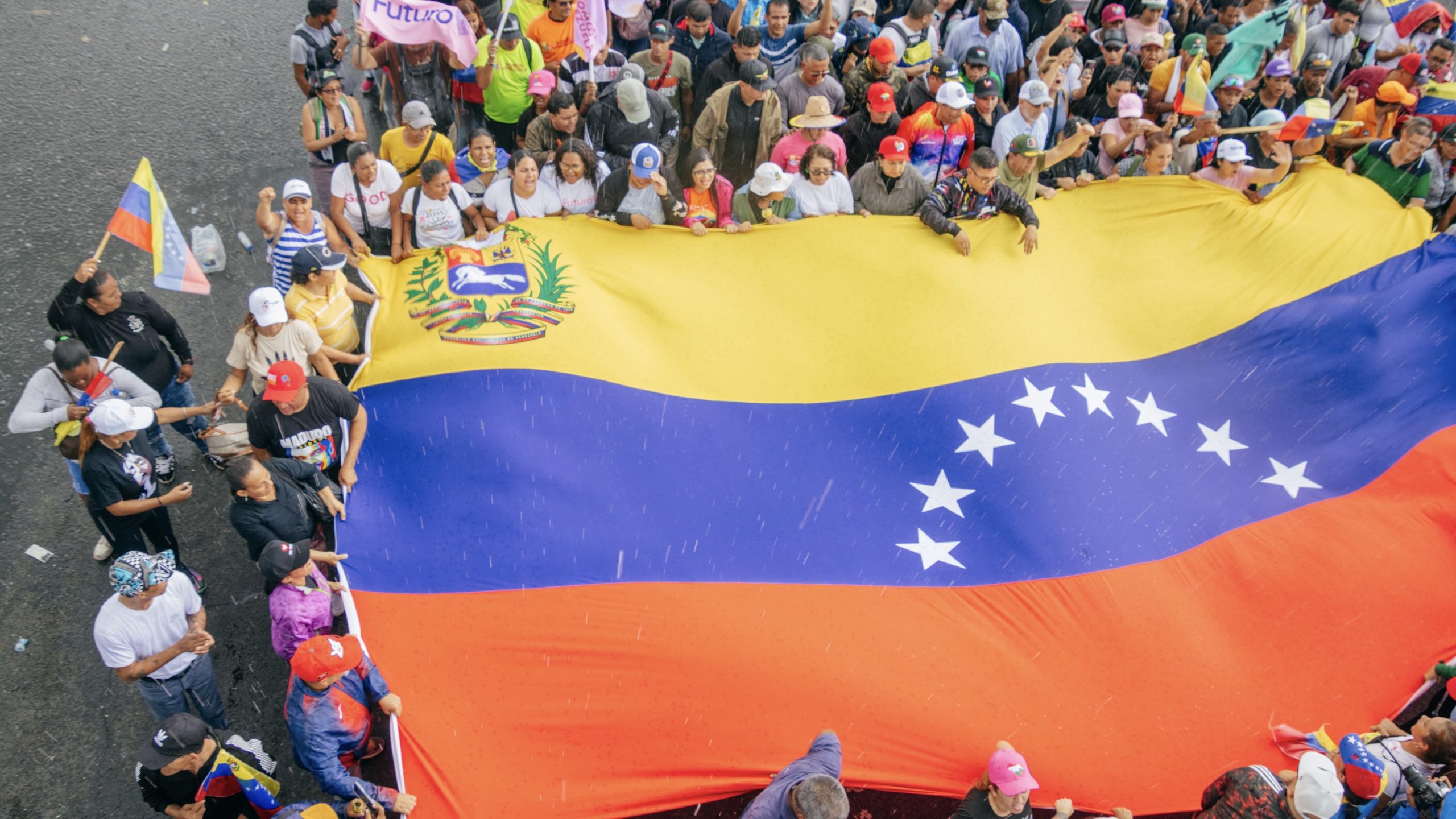newtownrrt.org – As the geopolitical landscape of the Americas evolves, Venezuela’s role in regional dynamics has become increasingly complex. In 2024, Venezuela continues to be a focal point of regional geopolitics, navigating its influence and the tensions it engenders.
Strategic Positioning
Venezuela’s strategic geographical location at the northern tip of South America, bordering the Caribbean Sea and the Atlantic Ocean, makes it a crucial player in regional geopolitics. Its vast oil reserves, once the backbone of its economy, still hold significant potential, despite the challenges posed by mismanagement and international sanctions.
Relations with Neighbors
Venezuela’s relations with its neighbors are marked by a mix of cooperation and conflict. The ongoing border dispute with Guyana over the Essequibo region has escalated, with both countries increasing their military presence in the disputed area. Meanwhile, Colombia and Brazil, under new leadership, have adopted a more assertive stance towards Venezuela, pushing for democratic reforms and humanitarian aid.
Regional Alliances
Venezuela’s participation in regional organizations has been contentious. The country remains suspended from the Union of South American Nations (UNASUR) and the Organization of American States (OAS) due to its failure to uphold democratic principles. However, Venezuela has strengthened ties with Mexico and Argentina, both of which have advocated for a more inclusive approach to regional integration that does not exclude countries based on their political systems.
International Influence
The influence of external powers on Venezuela’s geopolitical position cannot be overstated. Russia and China, in particular, have deepened their involvement in the country, providing economic support and military assistance. This has significant implications for regional security and has led to increased tensions with the United States, which views Venezuela as a strategic threat in its backyard.
Humanitarian and Migration Crisis
The ongoing humanitarian and migration crisis in Venezuela has regional implications. Millions of Venezuelans have fled the country, seeking refuge in neighboring nations such as Colombia, Peru, and Brazil. This mass migration has strained the resources and infrastructure of host countries, leading to calls for international cooperation and support.
The Path Forward
The path forward for Venezuela in regional geopolitics requires a multifaceted approach. Diplomatic efforts to resolve border disputes and promote democratic reforms are essential. Addressing the humanitarian and migration crisis through international cooperation is crucial. Moreover, fostering dialogue and cooperation with regional organizations can help reintegrate Venezuela into the hemispheric community.
In conclusion, Venezuela’s role in regional geopolitics in 2024 is characterized by its strategic positioning, complex relations with neighbors, and the influence of external powers. Navigating these dynamics will be critical for the country’s future and the stability of the region.
